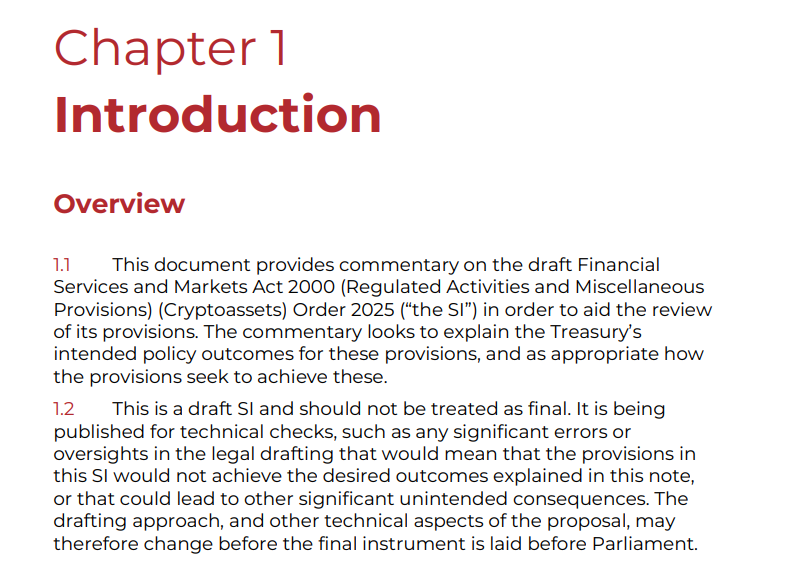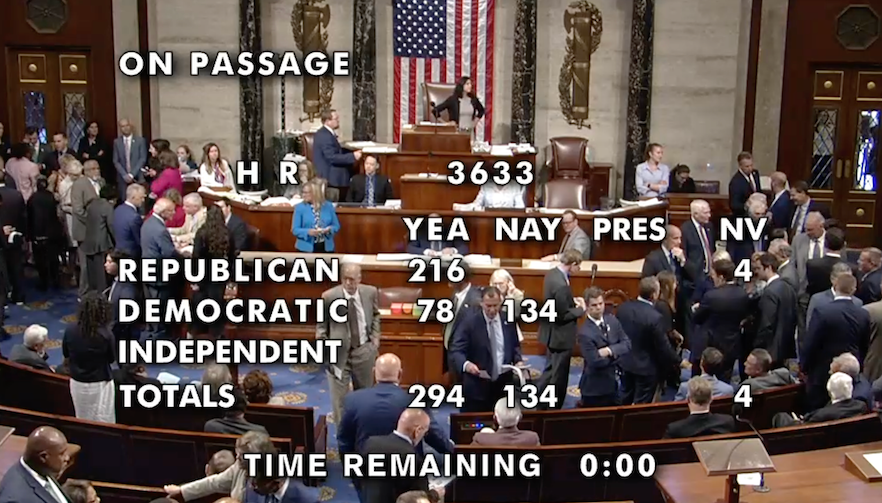
The UK’s Crypto Crossroads: A Hub in the Making?
The United Kingdom, once touted as a potential global crypto hub, finds itself at a pivotal juncture. While the rhetoric of embracing blockchain technology and digital assets has echoed from Downing Street, tangible progress on the regulatory front has been notably slow. This cautious approach, driven by a desire for consumer protection and a measured assessment of the industry, has left many within the crypto sector feeling frustrated, yet hopeful.
A Shifting Political Landscape
The initial enthusiasm under former Prime Minister Rishi Sunak, who pledged to amend laws favorable to crypto businesses, hasn’t fully materialized. The current Labour government, while not overtly hostile, appears to be prioritizing other concerns. This lack of clear, decisive action has prompted concerns about the UK falling behind its global peers, particularly the European Union with its comprehensive MiCA framework and the more proactive regulatory environments in countries like the UAE and even the United States.
Encouraging Whispers of Change
Despite the sluggish pace, there are encouraging signs. Industry groups are actively lobbying for change, anticipating increasing momentum toward regulatory reform.

The UK’s Financial Conduct Authority (FCA) and Treasury consultations, including those closed in May, suggest a potential shift toward treating crypto as a legitimate asset class. Furthermore, the pending Property (Digital Assets, etc.) Bill, which could recognize digital assets as property, is viewed as a significant step forward.
Key Hurdles and Industry Concerns
The primary concern revolves around the speed of regulatory implementation. The UK’s hesitancy risks driving talent and capital elsewhere. Moreover, many crypto projects currently struggle to fit neatly within existing financial instrument regulations, necessitating more nuanced, fit-for-purpose frameworks. The lack of clear guidance, particularly on stablecoins and custody solutions, has created uncertainty and hampered the growth of the local crypto ecosystem.
The Impact of Regulatory Clarity
The ongoing regulatory uncertainty is, however, expected to reshape the industry. The introduction of specific and robust regulatory frameworks, akin to MiCA, will likely lead to a market consolidation. Illegitimate actors and smaller companies unable to meet compliance requirements are expected to exit, paving the way for larger, compliant entities to compete for market share. This trend is evident in the US as well, with legislative efforts like the CLARITY Act aiming to provide clearer regulatory guidelines.
The Road Ahead
The UK’s ambition to become a global crypto hub is not yet extinguished, but it hinges on decisive action. Embracing pragmatic regulations while fostering innovation, clarifying rules on stablecoins and custody, and ensuring responsible management of seized crypto assets are vital steps. The government must navigate the complex balance between consumer protection and supporting legitimate innovation to unlock the full potential of the UK’s crypto industry. Industry stakeholders are cautiously optimistic, recognizing the need for continued engagement and pressure to move the UK closer to its desired destination.




